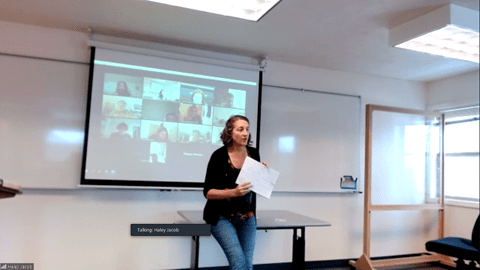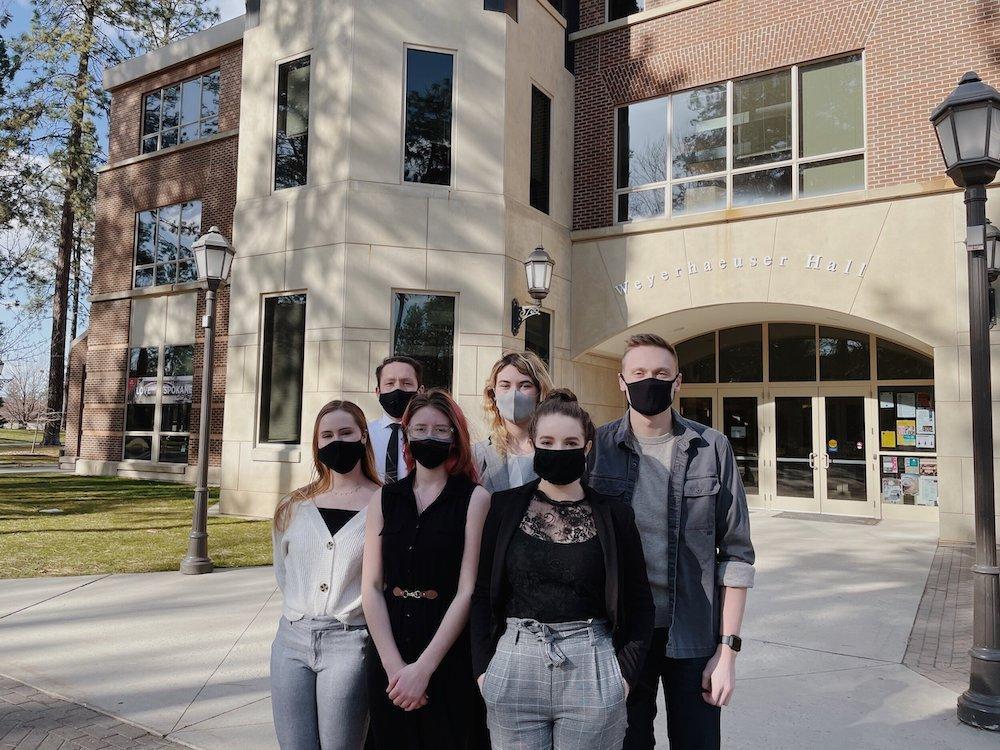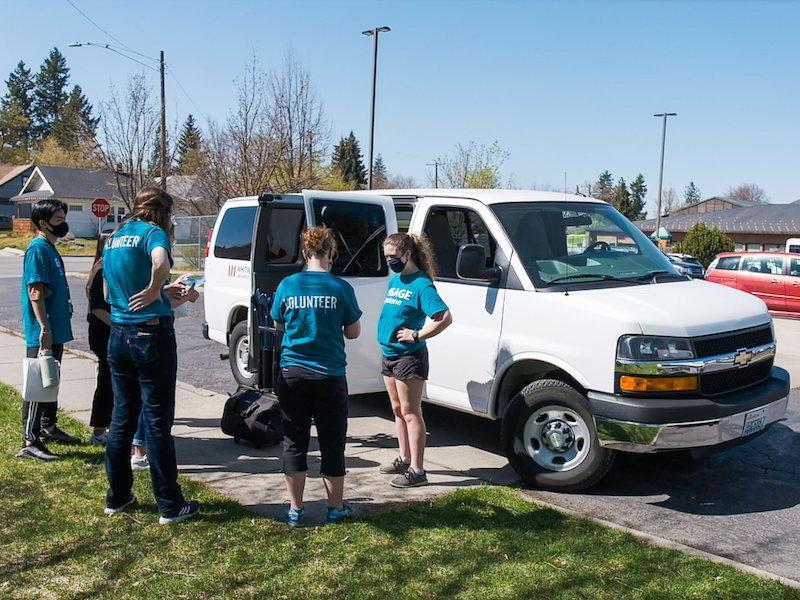
All my classes for the day are online. I don’t remember anything I’ve learned. My eyes hurt from staring at a screen and all I want to do is go outside for a few hours.
Online classes are hard for many reasons and right now, a lot of college students are struggling with this fact. When trying to get a quality education through an electronic format such as Zoom, students are forced to learn how to focus on a lecture through a screen. A New York Times article about student’s reactions to online learning quoted a student as saying, “I find myself getting distracted much easier and find myself procrastinating more and more…”
While Whitworth’s students are facing the same issues, the severity is much lower due to the high number of fully or partially in-person classes. According to Jose Ortiz from the registrar’s office, only 13% of this semester’s undergraduate classes are listed as fully online. Many other colleges in the state, such as the University of Washington, have switched to 100% online. The Chronicle of Higher Education lists Whitworth as a college that is primarily in-person for the 2020 fall semester. Out of the 60 Washington colleges that the Chronicle listed, only five have achieved this status.
Whitworth University works hard to give students what they truly desire—an in-person education. If enough classroom space is insufficient for COVID-19 guidelines to be followed, many classes have switched to a hybrid model where students rotate between in-person and online throughout the week. However, if the space exists, professors do their best to advocate for in-person classes. Forrest Baird, a professor of philosophy, said “If you [the professor] can manage the in-person teaching…there is no question it’s better.”
Sometimes in-person or hybrid classes just aren’t possible, even at Whitworth. Whitworth has switched 13% of its courses online to accommodate for at-risk professors, or professors with other obligations preventing them from being on campus.
Forrest Baird is an example of someone who fits both categories of at-risk groups for COVID-19, as listed by the CDC — he is over 65 and has pre-existing health conditions. Due to this fact, two of his three classes are fully online. However, although he is at-risk, he values in-person connections so much that he has left his C.S. Lewis class fully in-person. He continues to exercise caution but decided to make this choice because 40 students are taking the class and it only meets once a week.
The low percentage of online classes reflects Whitworth’s high standards of education. Haley Jacob, professor of theology at Whitworth, says that education “is not just about content, it’s also about having lives transformed…I think that transformation aspect happens [when you’re] physically present to one another.”
Forrest Baird says, “Whitworth was founded on…high touch, high impact connection. I want to do more than just give them information. I like interacting with them, laughing with them.”
Online classes just aren’t the same as in-person classes. Students in online courses can have difficulty focusing, asking questions, or finding motivation to come to class. But as Whitworth students, we have a privilege that many other students in the country do not. Throughout this pandemic, Whitworth has remained committed to its high standards of primarily in-person education, and for this, we should be thankful.











